REU 2017
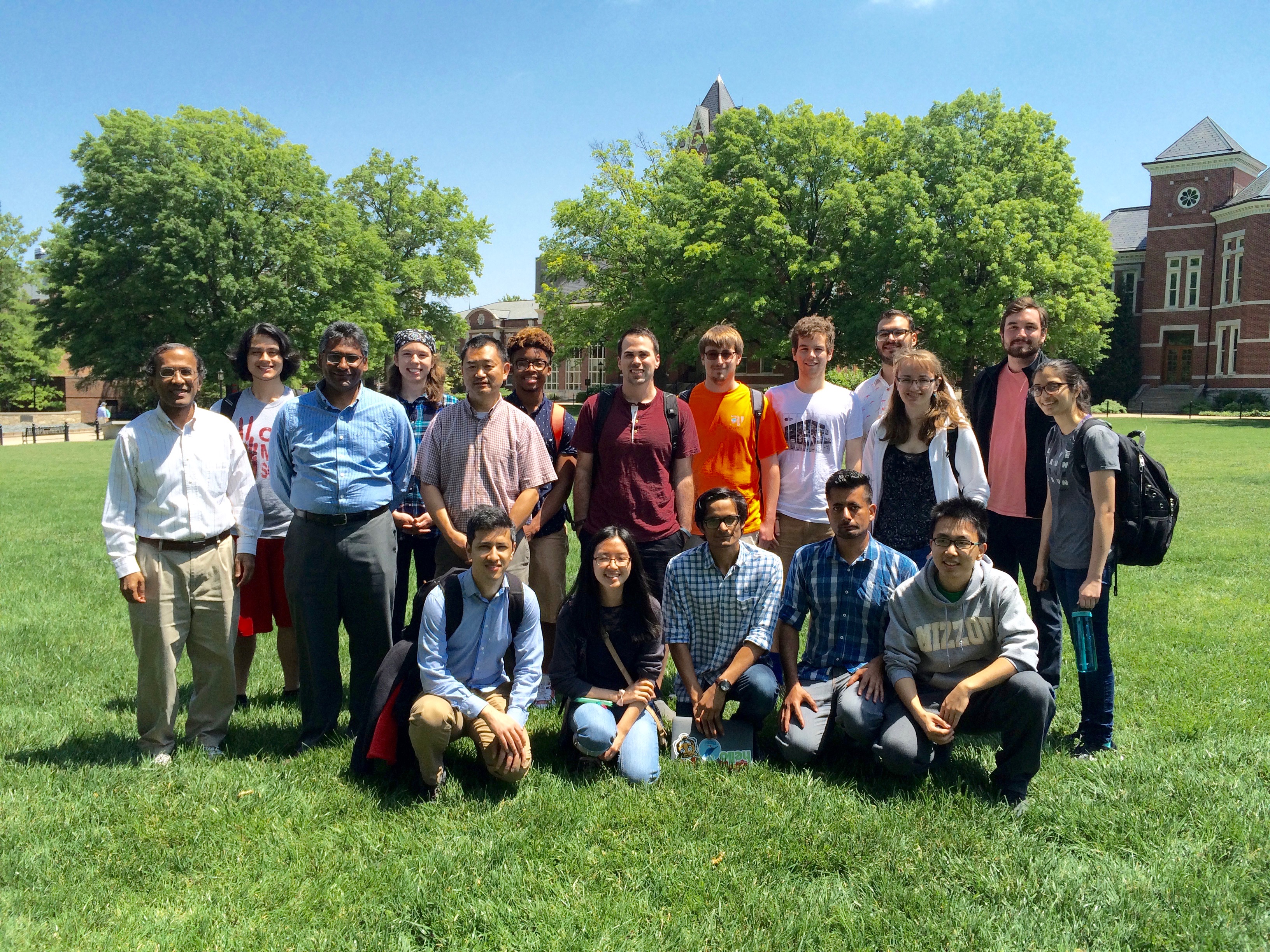
Program Overview:
The 2017 REU program is funded by the NSF and designed to bring together undergraduate students from different universities to work together on research projects. At the end of the ten week program, each project group prepares a poster, a research paper, and a final presentation.Program duration: 5/22/2017 (Monday) - 7/28/2017 (Friday)
Faculty mentors:
Dr. Prasad Calyam is an Assistant Professor in Computer Science with MU’s EECS Department. He has extensive research experience on cloud computing, network virtualization, multimedia applications, and network measurement. He has published over 85 peer-reviewed publications in reputed conferences and journals, and has led development of several open-source software packages. He is a Senior Member of IEEE. His research sponsors include: NSF, DOE, VMware, Cisco, Dell, Verizon, IBM, Huawei, Internet2, and others.
Dr. Yi Shang is the Director of Graduate Studies and Associate Chair in Computer Science with MU’s EECS Department. He has extensive research experience on wireless sensor networks, mobile computing, and artificial intelligence, and has published over 160 journal and conference papers and received 6 patents. He has graduated 7 Ph.D. students and 43 M.S. students and supervised 40 undergraduate researchers. He is currently supervising 7 Ph.D., 6 M.S. students, and 4 undergraduate students. His research has been supported by NSF, NIH, US Army, DARPA, Microsoft Research, and Raytheon.
Dr. Marjorie Skubic is the Director of the MU Center for Eldercare and Rehabilitation Technology (CERT), with projects funded by the NSF, NIH, NLM, AHRQ, and U.S. Administration on Aging. Several CERT projects have focused on monitoring older adults through a network of sensors placed in the home including PIR motion sensors, a bed sensor that captures pulse, respiration, and sleep restlessness, and gait analysis systems using Kinect depth cameras, webcams, and radar. She has published over 230 papers.
Dr. Zhihai He is the Director of Video Processing and Networking Laboratory (VPNL), with projects funded by NSF, TCL Research, Army Research Lab, National Geospatial Intelligence Agency, and NIH. He is an IEEE Fellow. His research covers image/video processing, coding and network communication, applications in ecological observations, and smart sensor networks. He is currently supervising 6 Ph.D. and 3 M.S. students. He will mentor REU projects on his latest research on wearable devices for real-time monitoring of brain and body signals related to cognition and emotion, and on using virtual reality technologies for creating immersive learning environments.
Evaluator, Dr. Jane Howland is a Teaching Professor and the Learning Technologies Program Director for the School of Information Science & Learning Technologies. She leads the evaluation of this REU project.
Graduate Student Coordinator:
Roshan Neupane received his BE degree in Computer Science and Engineering from Visvesvaraya Technological University, India. He is currently a graduate student at University of Missouri- Columbia, pursuing MS in Computer Science. His current research interests include Cloud Computing, IoT and Cybersecurity.
Email: rlneupane@mail.missouri.edu
Contact No.: +1 573-999-2967
Student Researchers:
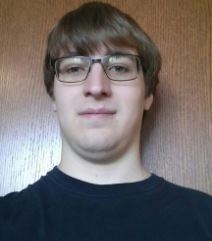
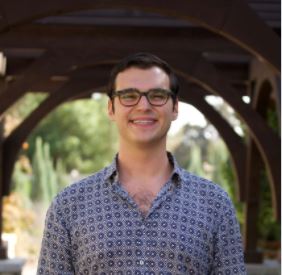
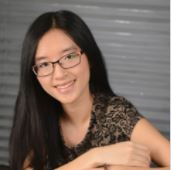
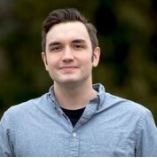
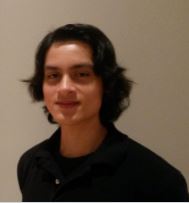
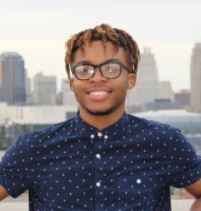
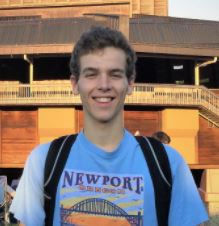
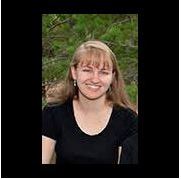
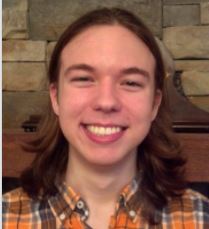
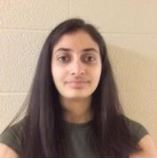
Program Schedule:
- MTuThF: 8 hours, 9am-12pm and 1-6pm in the office or in a lab.
- Wednesday: 4 hours in the office or in a lab, and 4 hours for exploration.
- You are required to sign up a time sheet posted at the office every day.
Weekly research journal of each team due: 5pm every Friday - report daily research activities.
Schedule
| DATE | TIME | ACTIVITY | LOCATION |
|---|---|---|---|
| 5/22 Monday |
10-11:30 am 2-5 pm |
Orientation & Welcome Pre-survey, paperwork, self-study |
Naka 222 |
| 5/23 Tuesday |
10:30-11:30 am 3-4 pm |
Why & how to do research by Dr. Calyam | Naka 222 |
| 5/24 Wednesday |
10:30-11:30 am 2-4 pm |
Video Processing and Communication Technologies in Wireless Vision Sensor Networks by Dr. He |
Naka 222 |
| 5/25 Thursday |
10-12 pm 2-4 pm |
|
Naka 222 |
| 5/26 Friday |
10-12 pm | REU Project Presentations by REU mentors (Check your BOX account for related materials) |
Naka 222 |
| 5/30 Tuesday |
10-12 pm | Weekly program meeting - project assignment. All graduate mentors are encouraged to attend. led by Dr. Calyam |
Naka 222 |
| 6/1 Thursday |
1pm - 3pm | MU Data Center Tour (Dr. Calyam) |
920 S. College |
| 6/6 Tuesday |
10-12 pm | Weekly program meeting: Team project presentation (project goals, milestones, OKRs, initial literature survey results) led by Dr. Calyam |
Naka 222 |
| 6/8 Thursday |
8:30am - 9:20am | Visit and speak at Columbia Public Schools EEE summer school, grades 6-8 (Ms. Heidi Barnhouse. HBarnhouse@cpsk12.org) |
West Middle School (401 Clinkscales Rd, Columbia) |
| 6/13 Tuesday |
10-12 pm | Weekly program meeting led by Dr. He |
Naka 222 |
| 6/20 Tuesday |
10-12 pm | Weekly program meeting led by Dr. Skubic |
Naka 222 |
| 6/22 Thursday |
10-11 am | Eldercare and Rehabilitation for better health by Dr. Skubic |
Naka 222 |
| 6/27 Tuesday |
10-12 pm | Weekly program meeting led by Dr. Skubic |
Naka 222 |
| 7/6 Thursday |
10-12 pm | Weekly program meeting- Midterm presentation Midterm report in IEEE latex style due led by Dr. Shang |
Naka 222 |
| 7/11 Tuesday |
2-4 pm | Weekly program meeting (Abstract Submission for Poster Forum) led by Dr. Shang |
Naka 222 |
| 7/18 Tuesday |
2-4 pm | Weekly program meeting led by Dr. He |
Naka 222 |
| 7/21 Friday |
9-11 am | Power Plant tour | Mizzou Power Plant (417 South Fifth St., Columbia) |
| 7/26 Wednesday |
2-4 pm | Final presentation Final report in IEEE latex style due led by Dr. Calyam and Dr. Shang |
Naka 222 |
| 7/27 Thursday |
10am - 3:30pm | Poster Forum (MU Summer Undergraduate Research and Creative Achievements Forum) |
Christopher S. Bond Life Sciences Center |
| 7/28 Friday |
10-12 pm | Post-survey, wrap-up Program lunch |
Naka 222 |
NOTE: We encourage students to consider submitting their final project reports as papers (full papers, or short papers) to venues such as: the annual National Workshops for REU Research in Networking and Systems (REUNS), IEEE CCNC, IEEE ICNC, IEEE NCA and others with July/August 2017 deadlines.
MU campus-wide summer activities included in and paid for by our REU program (Contact: Katie Hays, haysk@missouri.edu)
 Intern/mentor BBQ (student & mentor)
Intern/mentor BBQ (student & mentor)
 Evening Seminars
Evening Seminars
 MU Summer Forum participation
MU Summer Forum participation
 Farewell picnic (student & 3 guests)
Farewell picnic (student & 3 guests)
 Newsletters, copies & office supplies
Newsletters, copies & office supplies
Resources
Computer networks basics
Research advice
Software-Defined Networking related materials
- Watch Software Defined Networking
- GENI https://www.geni.net
- Open Networking Foundation https://www.opennetworking.org
- http://faculty.missouri.edu/calyamp/publications/geni-cclabs-gree14.pdf
- http://faculty.missouri.edu/calyamp/publications/vdc-analyst-comnet14.pdf
- http://faculty.missouri.edu/calyamp/publications/sciencedmz-refarch-icnc14.pdf
- http://faculty.missouri.edu/calyamp/publications/openFlow-vdc-lb-im13.pdf
Reading paper
Writing paper
- Use IEEE publication Word template or LaTeX style files to typeset your report.
Giving presentation
- How to give a talk
- The Slide-Structure of a Technical 20-min Presentation
- MS project presentation examples: Sandeep, Sean
Computer Science Ethics
- Code of Ethics, ACM
- Computer and Information Ethics, Stanford Encyclopedia of Philosophy
- Social and ethical issues in computer science
IRB training (http://research.missouri.edu/irb/CITI_Instructions) to receive IRB certification
- Responsible Conduct of Research courses
- Human Subject Research courses
OKR
Latex resources
- MikTex as the LaTeX compiler, http://miktex.org/
- Texmaker as the Editor Environment, http://www.xm1math.net/texmaker/
- Tutorial: https://www.latex-tutorial.com/tutorials
An REU project example: Software Defined Networking on an Android Ad Hoc Network, by Brandon Guttersohn, 2012.
- Weekly/daily research journal
- Project Website
- A conference paper: SDNAN: Software-defined networking in ad hoc networks of smartphones, IEEE Communications and Networking Conference (CCNC), pp.861-862, 11-14 Jan. 2013.
- More about me
Projects
- Visual Computing at the Network Edge for Disaster Incident Response: Project Overview, Poster
Advisor: Dr. Prasad Calyam
Gradutate Student Mentors: Jon Patman, Dmitrii Chemadonav
External Collaborator: Dr. Flavio Esposito, St. Louis University
Research Students: Andrew Crutcher, Caleb Koch, Kyle Coleman
Abstract:Recent research studies have stimulated the development of various computation offloading frameworks for bringing cloud services closer to the user via edge networks. Specifically, an edge device needs to offload computationally intensive tasks because of energy and processing constraints. This need presents the problem of (1) determining how to partition a particular task and (2) identifying which edge nodes receive the task. We address the problem of task partitioning by accounting for its size and the available network resources. We then incorporate machine learning (ML) techniques to select appropriate servers for offloading. In particular, we use linear regression to develop a “hyperprofile” for each edge node based on a given set of device and server features. This hyperprofile provides a cost estimate of offloading to that particular server. We employ a k–nearest neighbor search on the set of hyperprofiles to identify candidate edge nodes to which partitions of the task are offloaded. We evaluate our approach via a set of simulations and show that we can offload various tasks to nodes under a variety of circumstances. These experiments are ongoing and conclusive results will be presented at the forum.
- Virtual Reality for Online Social Training of Children with Austism: Project Overview, Poster
Advisor: Dr. Henry He
Graduate Student Mentors: Guanghan Ning, Sai Shreya Nuguri
Research Students: Adam Starr, Chiara Zizza, Devin Hudson
Abstract:Autism Spectrum Disorder (ASD) is characterized by atypical behavioral patterns, social communication impairments, cognitive problems, and learning disabilities. Traditional treatments require trained therapists; however, in rural areas, many individuals with ASD lack such support due to high costs and limited access to trained staff. Virtual learning environments such as iSocial have shown promise in providing treatment remotely. In this work-in-progress paper, we outline vSocial, a virtual reality learning environment (VRLE) for youth with ASD that connects remote users with special education teachers over high-speed networks. We have implemented multiple vSocial learning modules in High Fidelity, a social VR platform. VR can offer immersive lessons which are more easily applied to the real world than non-VR lessons. With our evaluation, we are able to show that vSocial is a functional VRLE with reasonable bandwidth usage and viable cost.
- Stroke Patient Daily Activity Observation System: Project Overview, Poster
Advisor: Dr. Skubic
Graduate Student Mentor: Mengxuan (Mary) Ma
Clinical Collaborator: Dr. Rachel Proffitt, Occupational Therapy
Research Students: Jaired Collins, Joseph Warrens
Abstract:Stroke is a leading cause of long-term adult disability. Stroke patients can recover through rehabilitation programs prescribed by occupational therapists (OT); however, an individualized rehabilitation program can reduce recovery times compared to traditional ones. In this paper, we describe a robust interface to extract depth and skeleton data, which allows personalized therapist care and facilitates rapid healing. To this end, we present a daily observation system (DAOS) that uses a Kinect v2 sensor to retrieve motion data. The DAOS is placed in an imperfect data collection environment, the kitchen. The depth information allows us to perform action recognition to track what movements are problem areas, while skeleton data is used to calculate mean velocities of joints, max extensions, symmetry of hand movements, and other useful metrics for a therapist to utilize. Action recognition is accurate through reasonable data sets. Combining an action and its opposite improves recognition rates. Assessment values such as max extension and joint velocities are verified to be accurate within a small margin of error with a Vicon system. Through action recognition and accurate assessment, we present a novel system that can assist therapists and their ability to provide quality care to stroke victims.
- Healthy Coping in Diabetes: Project Overview, Poster
Advisors: Dr. Yi Shang, Dr. Min Soon Kim
Graduate Student Mentors: Jayanth Kanugo, Nishant Chettri, Peng Sun
Research Students: Amy Cheng, Vaishnavi Raghavaraju
Abstract:Patient self-management of diabetes is crucial to reducing its chronic progression and serious future health complications. Due to the physical and emotional complexities of diabetes, adherence to self-care activities can quickly decline due to disheartening progress. While there exists technology that caters to diabetic self-management, the current state of the art mostly assists patients through mobile applications. For the elderly, these mobile apps are shown to be marginally effective and even frustrating to use. Therefore, this project proposes Healthy Coping in Diabetes, a Google Home application that can act as an innovative intervention strategy to assist elderly patients with self-management of Type II Diabetes. Our application emphasizes the use of a voice interface rather than a strictly tactile interface in order to provide older patients with the opportunity to engage in practical application of clinical care management more easily. We perform a feature-based comparison of our application against currently available mobile apps to determine the relative fulfillment of official AADE self-management components. Finally, we use the Usability Metrics to receive feedback and further improve the application capabilities.
Photos
 Sponsored by the National Science Foundation (Award CNS-1359125)
Sponsored by the National Science Foundation (Award CNS-1359125)
 Hosted by the University of Missouri
Hosted by the University of Missouri